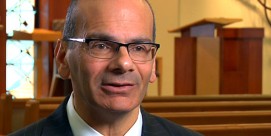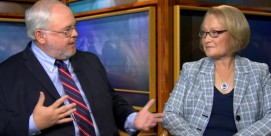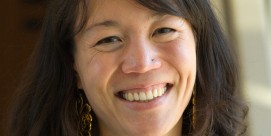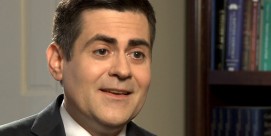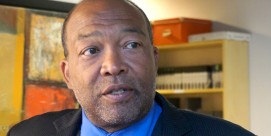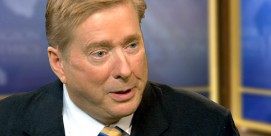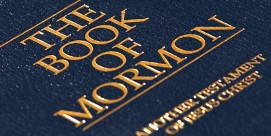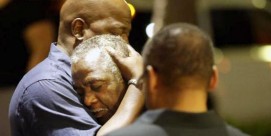Topic: Culture and Society
The 1965 Second Vatican Council declaration on the relation of the church to non-Christian religions transformed church doctrine about Jews and other faiths. Nostra Aetate had its roots “in the shame and realizations of Christians after the Holocaust for what has been done to Jews,” according to Rev. Dennis McManus of Georgetown University. More
Watch additional video clips of Kim Lawton’s interview with Rabbi Noam Marans of the American Jewish Committee about the legacy of Nostra Aetate. More
“The pope looks at the world in a different way. He looks at the world, he looks at economics, he looks at the environment, politics from the bottom up, from the outside in, and those aren’t Washington’s priorities or Washington’s ways. So we’ve had an alternative vision and a great example, and my hope is we listened, we learned, and we maybe even might follow his example,” says John Carr, director of Georgetown University’s Initiative on Catholic Social Thought and Public Life. More
“What’s wrong with us that we don’t have space for folks to transcend and expand our understanding of what it can be to be female and what it can be to be male?” asks Rev. Emily McGinley of the Urban Village Church in Chicago. Her ministry reaches out to and welcomes transgender people, whom she says pose complex theological questions for faith communities. More
In a historic ruling in June, a divided Supreme Court made same-sex marriage legal in every state. “Christianity require you to push back against the world,” says Collin Hansen of the Gospel Coalition. But author Matthew Vines of the Reformation Project suggests that once even some evangelicals are willing to change their position, then “it starts to significantly shift the dynamic.” More
“American culture is changing. We simply have to hold onto the truths we believe have been articulated to us, in a way that is loving and compassionate and is balancing both truth and grace.” More
Faith communities, observes Howard University School of Divinity applied theology professor Harold Dean Trulear, are “founded on forgiveness.” Together the Charleston church shooting and the Confederate flag debate have “uncovered the depth of racism in our country and the ways our nation still remains deeply divided. But it also uncovered some real people of good will…Now we’re working very hard to try to do some healing.” More
Correspondent Tim O’Brien observes that the High Court’s upholding of gay marriage nationwide “is for gays and lesbians what Brown v Board of Education was for African Americans.” More
“We want people to understand the history of this church,” says Elder Marcus Nash, a leader of the LDS church who worked on a series of essays about questions of faith and contested church issues. But while this generation of Mormons may be “craving a more complicated narrative” about the church’s past, as Mormon historian Paul Reeve has said, former Mormon Edward Hoefer thinks “some people will accept the essays…and be comforted,” while for others “it will just accelerate their process” of leaving the church behind. More
Read statements from religious organizations in response to the June 17 shooting at historic Mother Emanuel AME Church in Charleston, South Carolina. More


